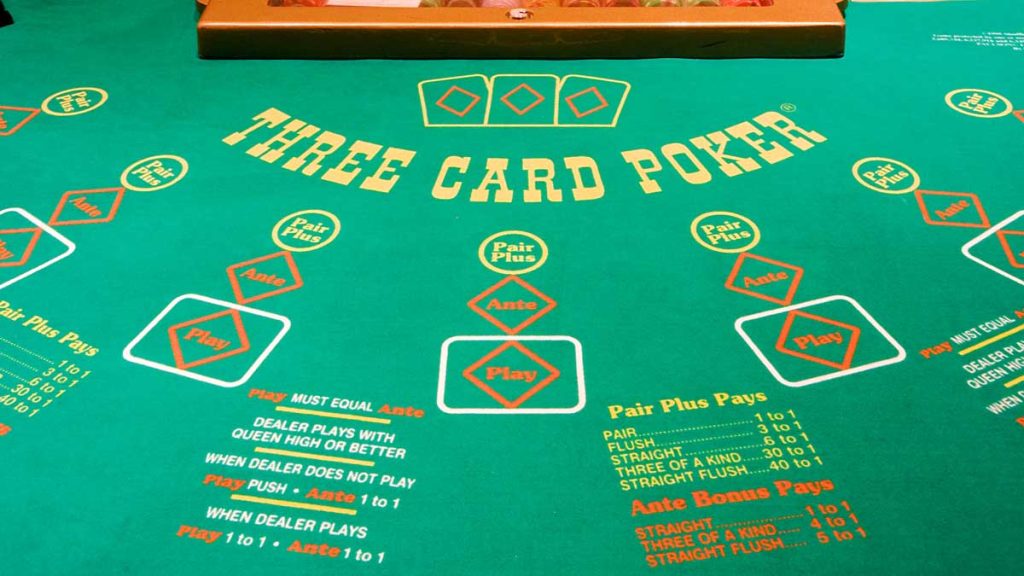Three card poker is an exciting game that draws players with its simplicity and fast pace. However, beneath the surface, this game can be a risky wager with unfavorable odds for most players. If you’ve come across 3-card poker while exploring online gambling options, it’s worth learning why many experts caution against betting heavily on this game.
Understanding The Basics Of 3-card poker Rules
Three card poker combines the simplicity of poker with the thrill of fast-paced decisions. Players and the dealer each receive three cards, and the goal is to create a better poker hand than the dealer’s while adhering to standard hand rankings. The two main bets are the Ante and Pair Plus. The Ante involves competing against the dealer, while Pair Plus focuses solely on the player’s hand. Though the game appears straightforward, the mechanics reveal nuances that affect your overall odds.

The Role Of House Edge In Three Card Poker
When playing three card poker, it’s crucial to understand the house edge—a statistical advantage the dealer has over the player. For instance, the Ante bet has an edge of approximately 3.37%, and Pair Plus is even higher at around 7.28%, depending on the payout structure. These percentages may seem low, but over time, they significantly reduce your chances of winning consistently. While these odds may not be apparent during short sessions, they make it a less favorable game from the perspective of risk management.
Why Strategy Is Limited In Three Card Poker
Unlike traditional poker games, 3-card poker does not allow for extensive player strategies. Decisions are largely dictated by the cards dealt, limiting the ability to influence outcomes through skill or bluffing. The optimal strategy for Ante bets includes folding hands weaker than Queen-6-4, which further emphasizes the game’s reliance on luck. For players seeking games requiring skill, this lack of strategic depth may be disappointing.
Short-Term Thrills Versus Long-Term Losses
Three card poker is often marketed as a fun, fast-paced game, appealing to casual players. However, that fun may come at a cost. The combination of high house edge and limited strategies makes it a game heavily reliant on luck, increasing your long-term losses if you play regularly. Players are often drawn to the excitement of quick rewards but may find that these fleeting wins don’t outweigh consistent losses.
Why Careful Game Selection Matters
For Thai online gambling enthusiasts, being mindful of the odds and depth of strategy in various games is key to avoiding unnecessary risks. While three card poker can be entertaining, careful game selection ensures a better balance between enjoyment and financial responsibility. There are other games with lower house edges and more opportunities for skill-based play, making them better alternatives for sustained success.
